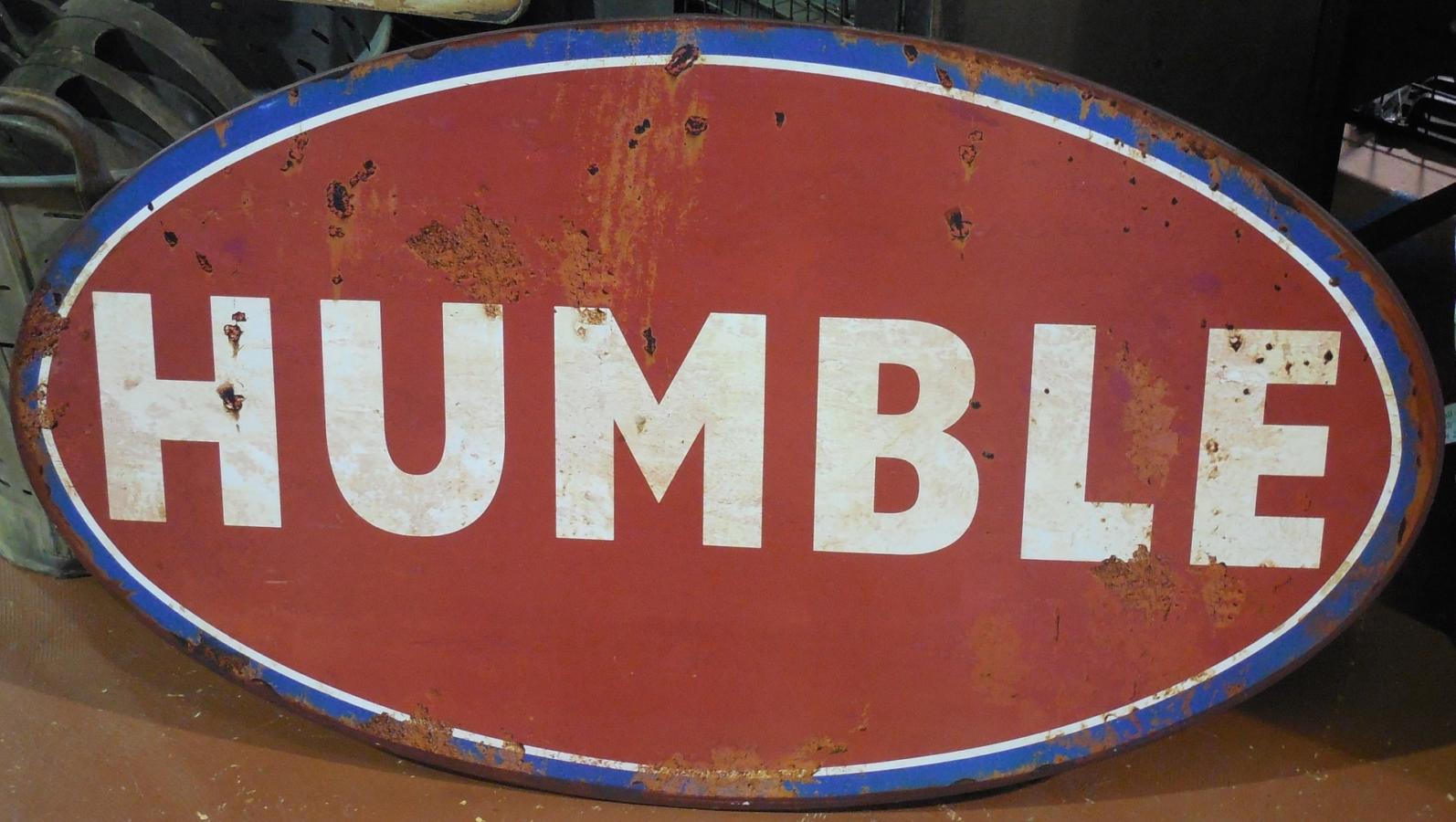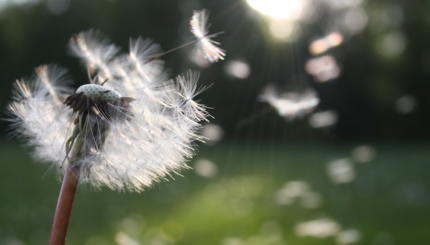There are times when I am quite proud of myself. After 17 years as a rabbi, I recognize growth in my skills and how my life’s experiences have helped me become a better rabbi. There are moments when I find myself thinking, “Hey, I’m pretty good at this!” But then I quickly catch myself and think, “And there is so much I still have to learn.” While I may feel as if I’ve mastered certain situations or moments, I realize that each individual I meet is unique and what I may have said or done in a situation with one person, may not be applicable to another person. Not to mention the thousands of volumes of Jewish texts I’ve yet to read or study, or the numerous other ways I can grow as an individual, a spouse, a mom, a friend.
Our sage Bahya Ibn Pakuda taught that humility, or anavah in Hebrew, is one of the most important virtues. Maimonides elaborates on this in his great law code, the Mishnah Torah. In it, he explains that the value of humility is not the opposite of conceit, but rather it is finding an appropriate balance. He cautions us against adopting extremes in our traits. We should neither be constantly arrogant nor should we be consistently self-effacing.
Michel of Zlotchov, a Hasidic master, taught: “If a person were to think, ‘Now I am fulfilling the commandment of being humble, and would then believe that he was becoming humble. That would be the worst vanity of all. Humility is not an achievement — but a target in the distance.”
Our sages understood that true humility makes us aware of our shortcomings. Humility allows us to make an unvarnished, honest assessment of who we are and be more sensitive (and non-judgmental) of the shortcomings in others. Not all pride, however, is bad. When we take pride in good acts we’ve done to help others, our sages believed that this stimulates us to become better people and continue to work for good.
So, how can we be sure we have the right balance of pride and humility? Our sages gave us the answer for that, too:
“Every person should have two pockets. In one pocket should be a piece of paper saying: ‘I am but dust and ashes.’ When one is feeling too proud, reach into this pocket and take out this paper and read it. In the other pocket should be a piece of paper saying: ‘For my sake was the world created.’ When one is feeling disheartened and lowly, reach into this pocket and take this paper out and read it. We are each the joining of two worlds. We are fashioned from clay, but our spirit is the breath of Adonai.”
(Tales of The Hasidim Later Masters, Martin Buber, p.249-50)
Do we each have more to learn, things we can do better? Of course. And, at the same time, we should never forget that each of us is created b’tzelem Elohim, in the image of God. That means each of us has inherent worth and value, and this teaching should lead us to love ourselves and others, equally.



